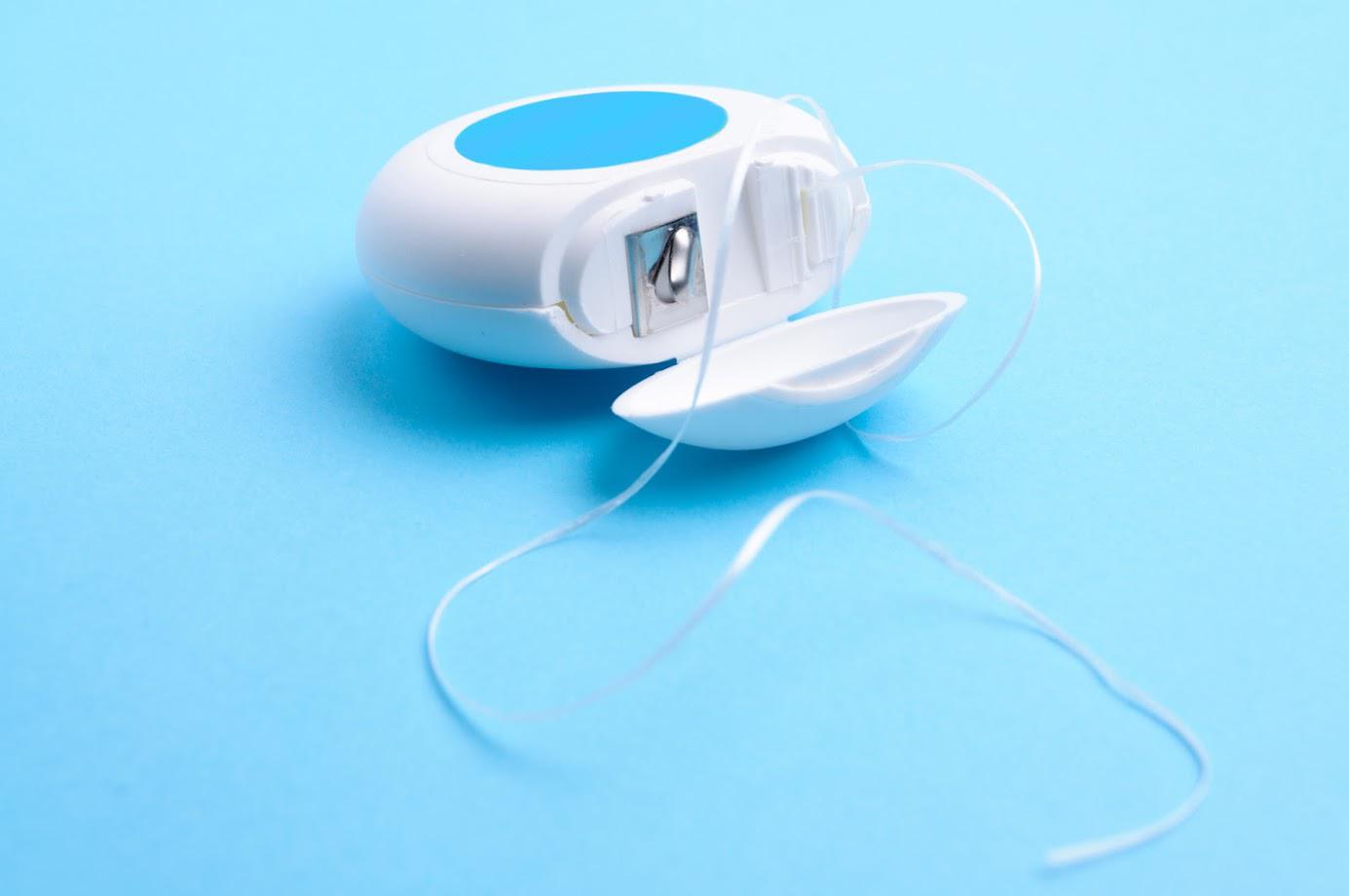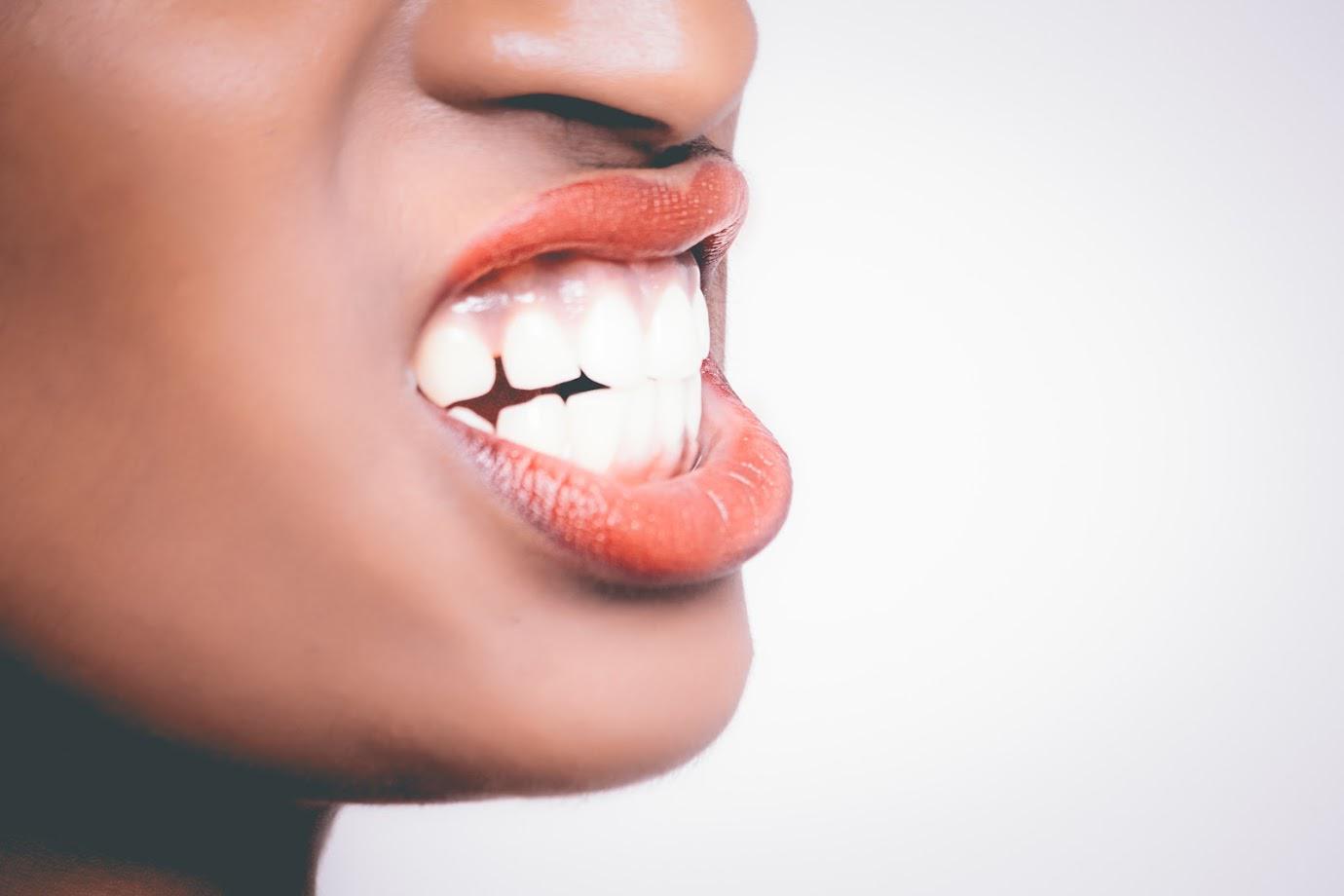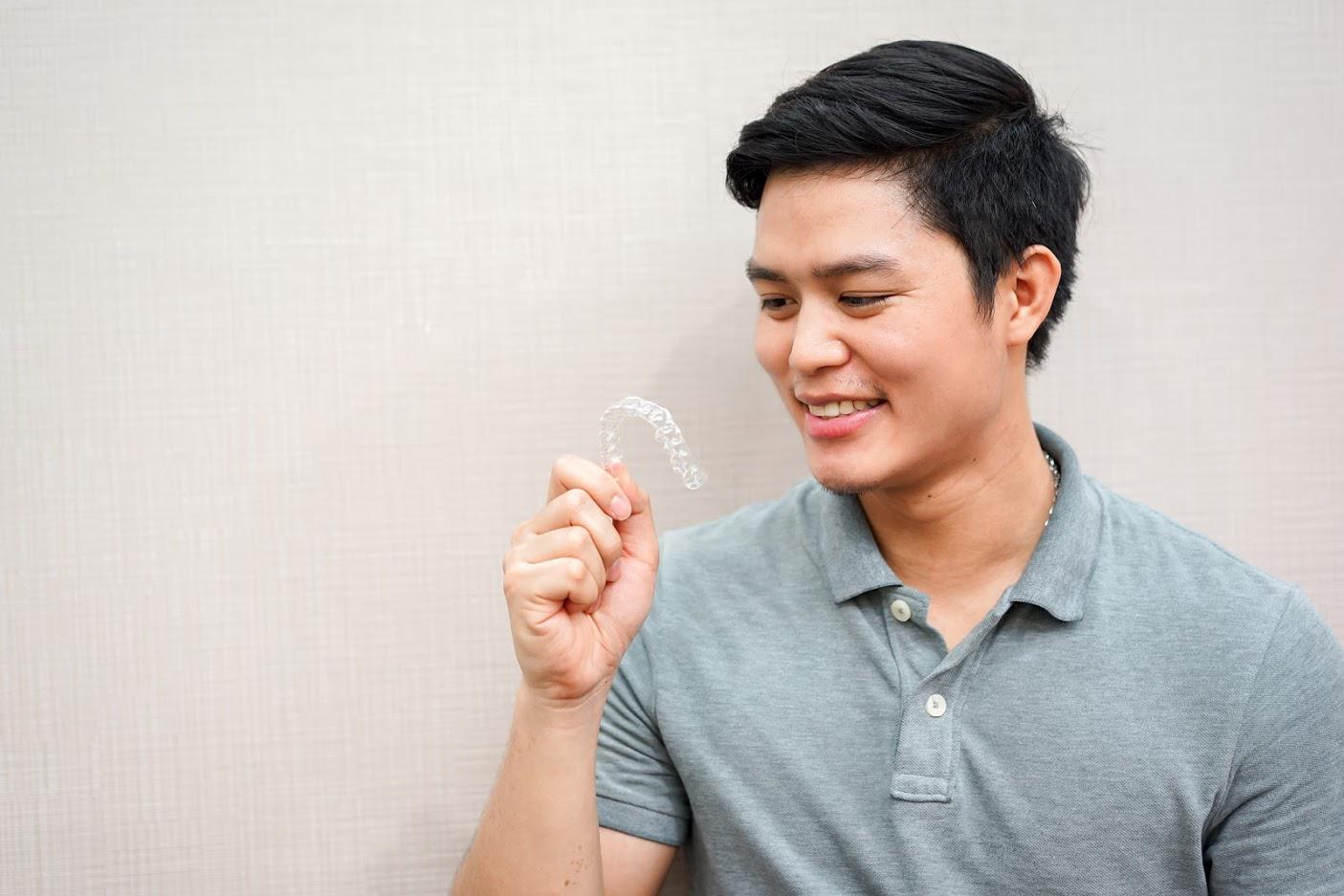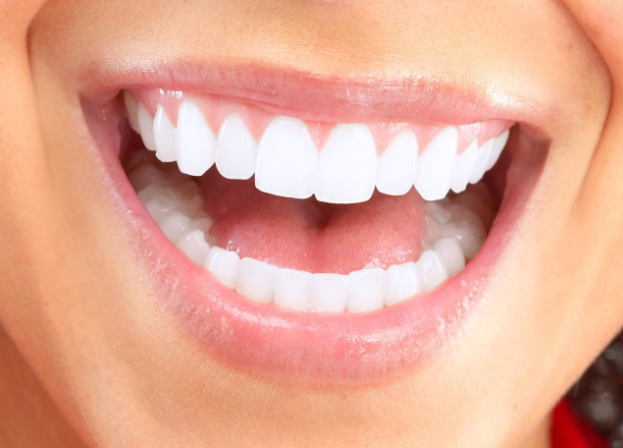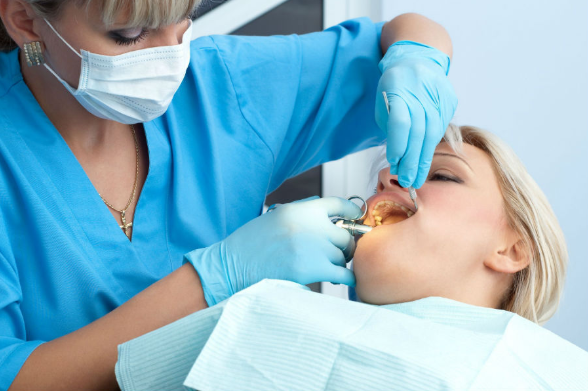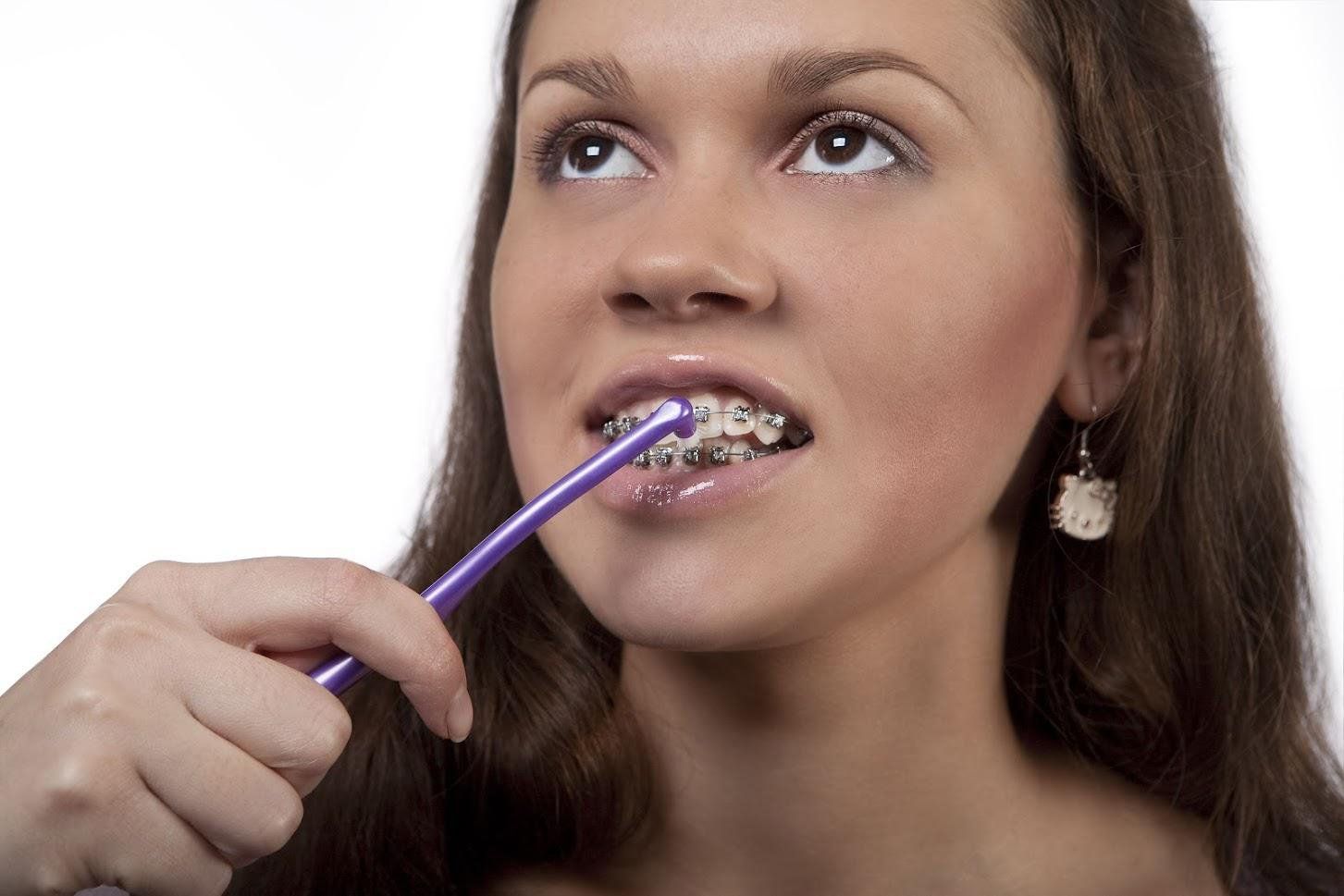Getting Corrective Jaw Surgery? All About Jaw Wiring
- By Admin
- •
- 26 Feb, 2020

Some problems with your teeth and jaws may require corrective jaw surgery. For instance, if you have obstructive sleep apnea that isn't relieved by CPAP devices, then jaw surgery could help. If you have TMJ, excessive wear of teeth, or other painful oral issues, then jaw surgery could help to relieve your symptoms.
Still, some patients are wary of jaw surgery if they have to get their jaws wired shut. To assuage any fears and concerns you might have, read on to learn more about jaw wiring.
Why Do Some Doctors Wire Patients' Teeth Together?
There are two things that need to happen for bones to heal properly: there needs to be adequate blood supply and there needs to be stability. Oral surgeons use internal screws and plates to stabilize the jawbones after oral surgery. During your recovery, new bone tissue will heal around these fixations.
However, some doctors may also opt for external stabilization and wire the teeth together while you recover. Because you can't really put a cast on your teeth as you would on another broken bone, like your in your leg, the wiring acts like a cast and keeps your jaws immobilized for better healing.
Teeth wiring is beneficial because it prevents non-unions. Simply put, a non-union is when your bones don't heal together properly after surgery. A non-union can be caused by poor blood supply or poor stabilization.
Some people are more at risk for non-unions that others. For example, you can be at risk if you
- Take certain medications
- Are older
- Smoke
- Have hypothyroidism
- Have diabetes
- Have anemia
- Have a low vitamin D level
If your doctor recommends that your jaw be wired shut for a while after surgery, it's probably for a good reason. If a patient ends up with a non-union, he or she could experience pain and require another oral surgery. Jaw wiring is just another tool the doctor will use to encourage the best outcome of your surgery.
How Are Your Jaws Wired Shut?
There are a couple of ways your doctor can wire your jaws shut. An orthodontist can place braces on your teeth and then attach surgical hooks to the brackets. During your jaw surgery, your doctor will use small wire loops around the surgical hooks which will keep your teeth together. Instead of wire, some doctors may use elastic rubber bands around the surgical hooks.
If your doctor doesn't want to place braces on your teeth, then he or she may use ivy loops. These ivy loops are wrapped around the teeth themselves without an orthodontic archwire or brackets.
Lastly, for more stabilization, a doctor may recommend screw-retained arch bars. Your doctor would use an arch bar that's screwed into the bone which then can support external loop wires to hold the jaw shut during healing.
What's the Recovery Like With Jaw Wiring?
Jaw wiring isn't painful. Your doctor will wire your teeth together while you are still under general anesthesia. Plus, during recovery, you may actually experience post-operative numbness because a lot of the nerves in the lips, chin, and gums may still need to heal.
In short, while some soreness is expected after major jaw surgery, the jaw wiring itself shouldn't add to your pain.
The most challenging part of recovery may be getting adequate nutrition. You'll need to have protein shakes, soups, and other liquid-based foods. Your doctor will give you a syringe so that you can take in liquids and mashed foods between your teeth. Your doctor will give you wire cutters in case of an emergency. If you need to cut your wires for some reason, your doctor can easily rewire your teeth again during an office appointment.
Complete healing from surgery takes about twelve weeks, but the initial healing takes about six, so you may be able to get the wires off sooner if your x-rays show good healing.
As you can see, while having your jaws wired may be a little challenging, it shouldn't be painful. And it can be extremely helpful to prevent non-unions. Reach out to us at Donald E. Snyder Orthodontics to learn more about corrective jaw surgery.

